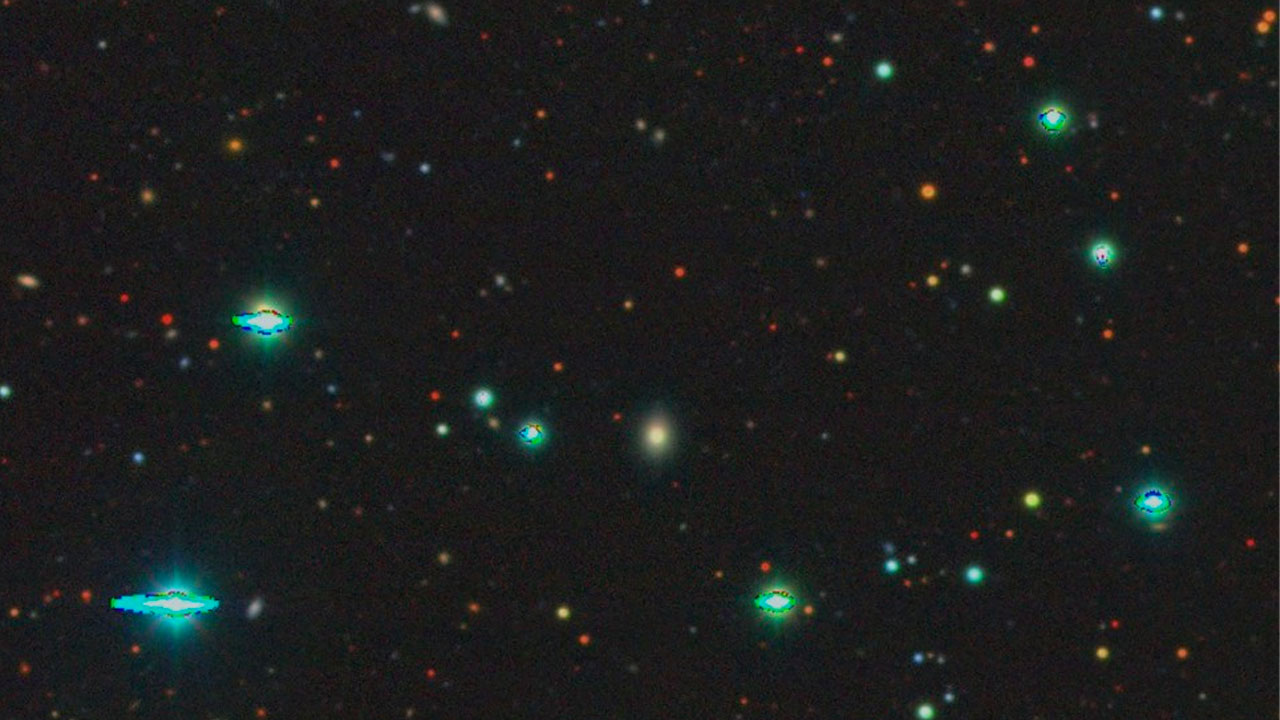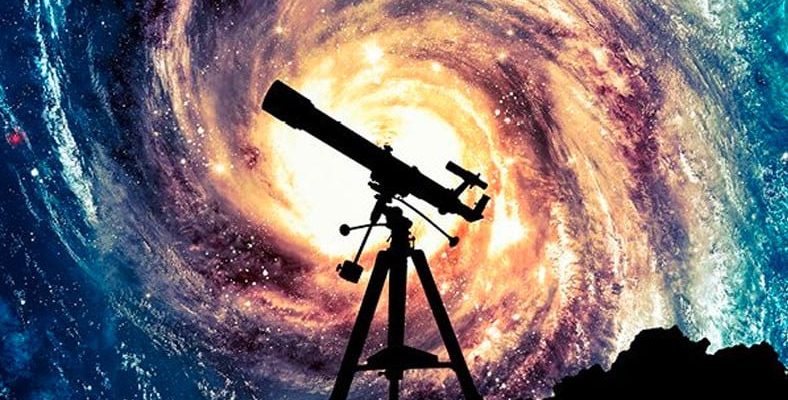The new artificial intelligence-supported system, developed by an international team led by Northwestern University, detected the supernova, classified it and the findings were shared.
The discovery of supernovae, which astronomers made after long periods of observation and research, can now be made completely unmanned. The new system developed by the team detects supernovae in the sky without the need for human support, analyzes the results and shares the data.
This new system, called BTSbot, was trained using more than one million images obtained from more than 16 thousand sources. BTSbot, which was subsequently tested and the data it obtained was verified, will now be actively used by astronomers.
The first supernova of artificial intelligence: SN2023tyk
BTSbot detected the newly discovered supernova, named SN2023tyk, in data from the Zwicky Transient Facility (ZTF), a robotic camera located in California that scans the northern sky every two days.
ZTF captured the cosmic explosion in the night sky on October 3, and BTSbot began analyzing the data in real time. Then, on October 5, he found the supernova in ZTF’s data. After communicating with other robotic devices, BTSbot was able to confirm the discovery, and the report treating the event as a Type Ia supernova was shared on October 7.
If there were no BTSbot, the cosmic explosion notification in the data coming from ZTF would be examined by astronomers, then they would be checked and the data would be analyzed and a conclusion would be reached; After the classification was made, the report would be prepared and shared by scientists. BTSbot managed to handle this process alone, which took days.
It will save scientists thousands of hours;

Over the past six years, scientists have spent more than 2,200 hours visually identifying and classifying supernova candidates alone. However, research is not limited to this; more detailed studies need to be carried out, such as investigating the sources of these findings, the life cycles of stars and the origin of elements such as carbon, iron and gold created by supernovae.
By speeding up the discovery process and removing humans from the process, BTSboy will allow the remaining time to be devoted to these aspects of research.
